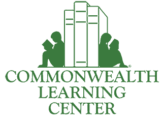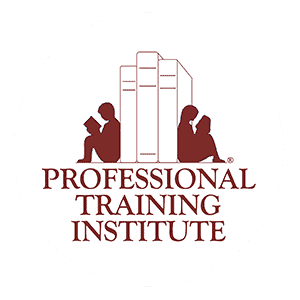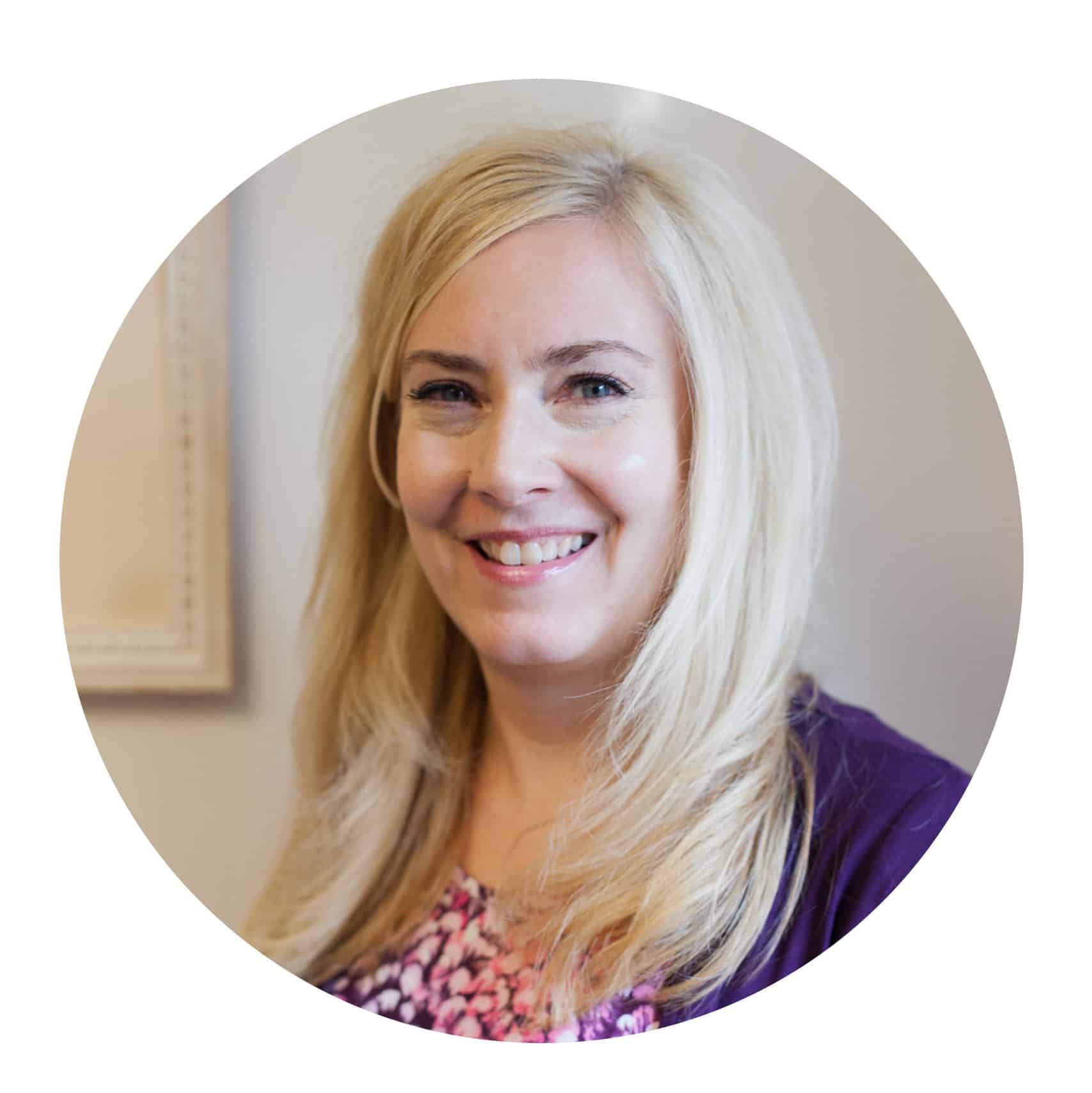
Many parents these days have opted for a private school experience for their child for a variety of reasons. These parents want to know what they can expect in terms of special education supports for their child in a private school setting.
The fact of the matter is that students enrolled in private schools by their parents do not have the same right to special education under the law as students enrolled in public schools. Students with disabilities attending public schools have the educational right to a Free Appropriate Public Education (FAPE). The operative words here being public education.
FAPE refers specifically to special education and related services that are provided at public expense, under public supervision and direction, and without charge to the parent, and that meet the standards of the state education department. Special education and related services must be provided in conformity with an Individualized Education Program (IEP) as required by Individuals with Disabilities Education Act (IDEA). (1)
Having said that, the public school district where the child resides and the private school are expected to collaborate to provide a private school child with special education services, and IDEA 2004 includes new provisions to ensure that students in private elementary and secondary schools have access to special education services.
However, there is a great deal of room for interpretation because as mentioned before students in private schools are not protected under FAPE.
What typically happens is that private schools provide students with supports according to their resources. Private schools are not regulated by state government and can set their own standards with regard to curriculum and special education service delivery. Some private schools require teachers to be certified and some do not. (2)
This means that special education teachers at private schools may or may not be trained in evidence-based practices, and students may or may not receive services in a separate area within the school. It is best to contact individual private schools to learn whether they require teacher certification and their particular approach to educating students with special needs.
Referring back to IDEA 2004: it does include strict requirements when moving a student with an IEP from a public to a private school, however; the level of support and responsibility that parents can expect depends on how their child was placed in the private school. This falls into 1 of 3 categories:
- Students with disabilities placed in private school by their parents prior to being found eligible for special education under IDEA.
- Students with disabilities placed in private school by their parents after being found eligible to receive special education services under IDEA.
- Students with disabilities placed in private school by the public school district. (3)
Category 1:
If a child is struggling at the private school and is deemed to need an evaluation to determine if he/she has a disability, the evaluation will be conducted by a special education team from the public school where the private school is located.
Once a child has been identified within the private school to need an evaluation, the process begins as stated by law and is subject to a timeline. The parent needs to sign a consent form and testing must be completed no later than 30 days from the date the form is returned. A meeting must be held within 45 days of the date of consent. Parents are responsible for transporting their child to and from testing sessions at the local public school subject to the availability of the evaluators. The public school psychologist will commonly visit the private school to observe the child in his/her class.
Once eligibility is determined, a special educator at the public school will write an IEP within 5 school days of the meeting with specific service recommendations, however; the private school can integrate those services depending on its resources. In many cases, the student will leave the private school for a portion of the day to receive services at the local public school. In this case, it is the parent’s responsibility to provide transportation.
Category 2:
IDEA 2004 is more specific concerning children entering private school with an IEP, but it goes back to the aforementioned idea that these children are not protected under FAPE. In this case, the private school can contact the public school where it is located, and have services delivered at the public school during the school day with parental transportation. The private school can also offer to deliver the IEP services according to their resources/supports as long as this is a team decision with parental agreement.
Category 3:
There are times when a child needs a more intensified level of services at a private school that specializes in educating children with special needs. If the state deems that a child’s needs cannot be met at the public school then the public school would be responsible to finance tuition and transportation. This is something that rarely happens, and is followed by a long process with an advocate and/or lawyer acting on the parents’ behalf.
There isn’t one answer that applies to each child. I’ve worked with many parents in private schools over the years who have approached the issue from a variety of perspectives. Some parents choose to transport their child to the public school each week to receive services. Other parents rely on the private school to provide the services. Sometimes, parents decide to hire the services of a specialized practitioner. Health insurance can be used to help with costs depending on the specific service needed.
The important piece to keep in mind is that each case is unique. Parents will need to work with their private school, the public school, and their specialized practitioners to find the best option for their child.
(1) US Department of Education, “Free Appropriate Public Education under Section 504,” August, 2010. www2.ed.gov
(2) allEducationSchools, “Teacher Certification and Licensure Information.” www.alleducationschools.com
(3) National Center for Learning Disabilities, “Parent Guide to IDEA, Chapter 9: Students in Private School: Understanding Your Child’s Special Education Options.” www.ncld.org










Jaydin Skinner says: